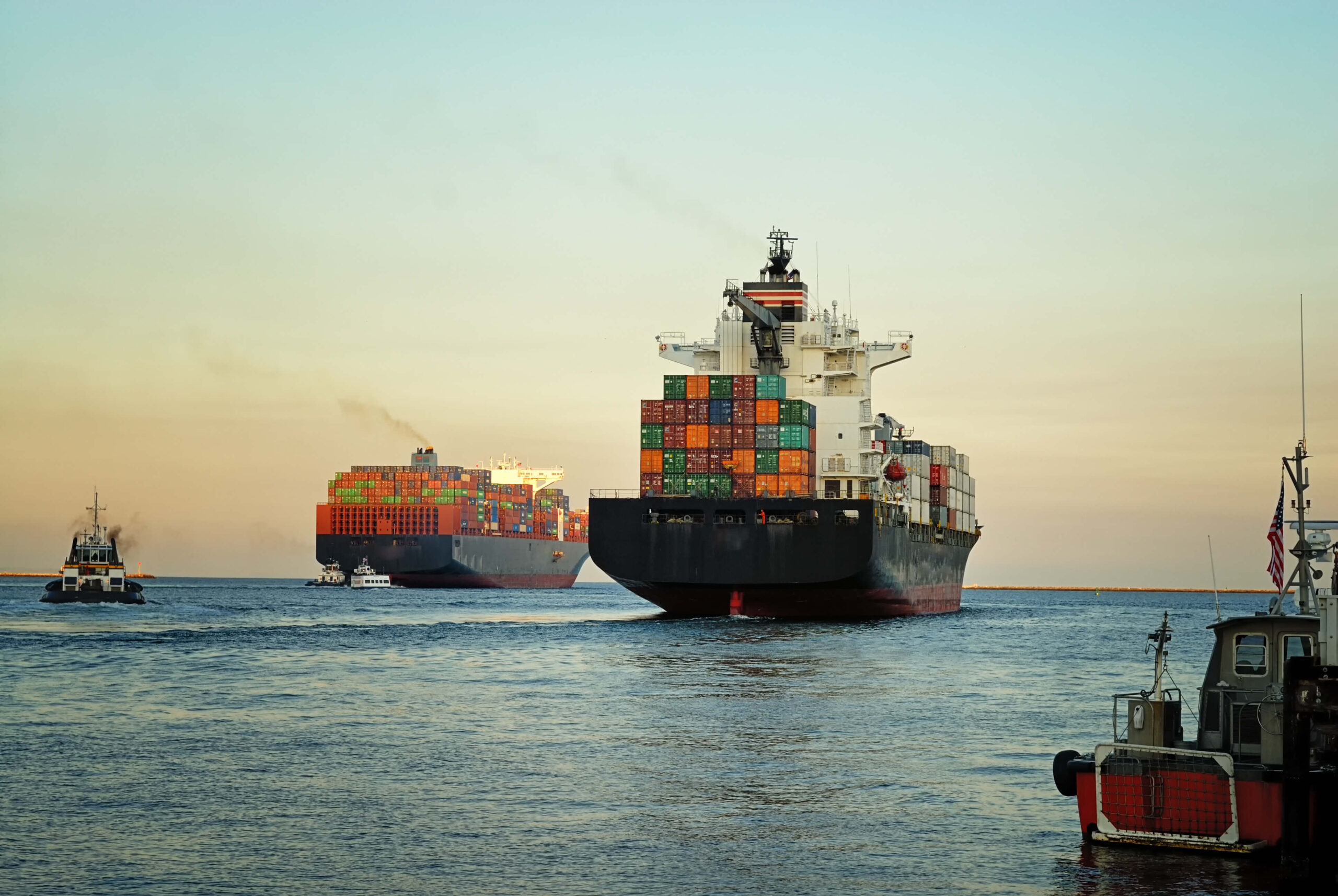Ships carry more than 80% of global trade by volume and more than 70% by value, and relatively speaking they are the most fuel-efficient means of transport. But ships are an increasing source of both climate pollution and other air pollutants. Fine particulate matter (PM2.5) from shipping has been linked to an estimated 60,000 premature deaths worldwide annually, with 24,000 in East Asia alone. And marine CO2 emissions could account for 17% of anthropogenic emissions in 2050 if left unchecked. China is the world’s largest trading nation, home to five out of ten world-leading ports by volume. Ships operating in China contributed 6% to the country’s national SOX and NOX emissions inventory in 2017. The Pearl River Delta region alone, could see over 6,000 premature deaths linked to ship-related activities by 2030 if no control policies are implemented between now and then.
About the program
ICCT’s marine program works to further policies that address the air-quality and climate impacts of shipping at the international, regional, national, and local (port) levels. In China, our work has informed policy research institutes including Vehicle Emissions Control Center (VECC), Waterborne Transport Research Institute (WTI), and Transport Planning and Research Institute (TPRI) on ship emission control policies including the Marine Engine Standards and the Domestic Emission Control Area and provided technical support to compile the national ship emissions inventory, and to understand the costs and benefits of different control measures. Our recent work focuses on advising policies to help China’s shipping sector align themselves with the national carbon peaking and neutrality goal. We also work with local partners, namely port cities as springboards for technology and policy innovations through pilot and demonstrative projects.




